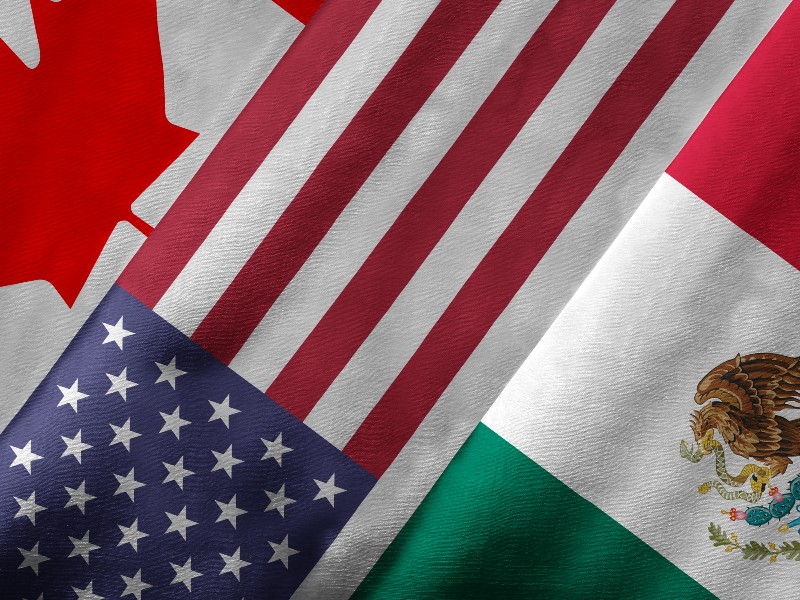
While the North American Free Trade Agreement is unlikely to meet its demise any time soon, the ongoing uncertainty about the talks is creating uncertainty that has the potential to put a damper on Canada’s economy, a panel of economists said on Friday.
“What I’m concerned about is that businesses won’t think the same way,” said David Madani, senior economist for Canada at Capital Economics Ltd., of his predictions that a NAFTA collapse wouldn’t be catastrophic for Canada.
Madani was speaking as part of a panel of economists discussing Canada’s prospects for 2018 at the annual Defined Benefit Investment Forum hosted by the Canadian Investment Review in Toronto on Friday.
While the economists agreed an end to NAFTA would have some impact on Canada, they suggested it would likely be small given the tariffs that would take effect in its place would be low anyway. And besides, any move by U.S. President Donald Trump to scrap the deal would face court challenges that would delay the process and involve difficulties in Congress as well, noted Brett House, deputy chief economist at the Bank of Nova Scotia. “Those court challenges will take 18 to 24 months,” said House.
“It’s imminent demise is vastly overstated,” he said of NAFTA.
Nevertheless, the issues around NAFTA could have a small impact on economic growth in Canada by deterring business investment, he added. But more generally, Madani noted the current trend towards protectionism is a concern for Canada. “Particularly for Canada’s economy, which is small and open, protectionism could be quite a big risk,” he said, later adding that he at least sees some positive signs in Canada’s efforts to try to negotiate other trade deals even as the NAFTA talks languish.
“I am encouraged by what I see,” said Madani.
As for other predictions for the near future, both House and Dawn Desjardins, deputy chief economist at the Royal Bank of Canada, suggested Canada’s central bank is likely to raise interest rates next year. “We have three in our forecast,” Desjardins said of her predictions for interest rate hikes. Still, she predicted Bank of Canada governor Stephen Poloz would hold off until April.
“We think they’re going to wait,” she said, suggesting the central bank would raise interest rates slowly and gradually next year.
House, for his part, said that given inflation risks caused by rising wages, Poloz would do better to raise interest rates sooner. “If he’s listening to the modellers, it’s very clear that he should be hiking now,” he said.
Madani, however, cited the possibility of a downturn in the housing market as a key reason to leave interest rates alone. “I think there’s too much uncertainty right now,” he said, suggesting a downturn in the housing market would have a significant negative impact on economic growth.
“I think my advice right now to the Bank of Canada would be to hold.”
